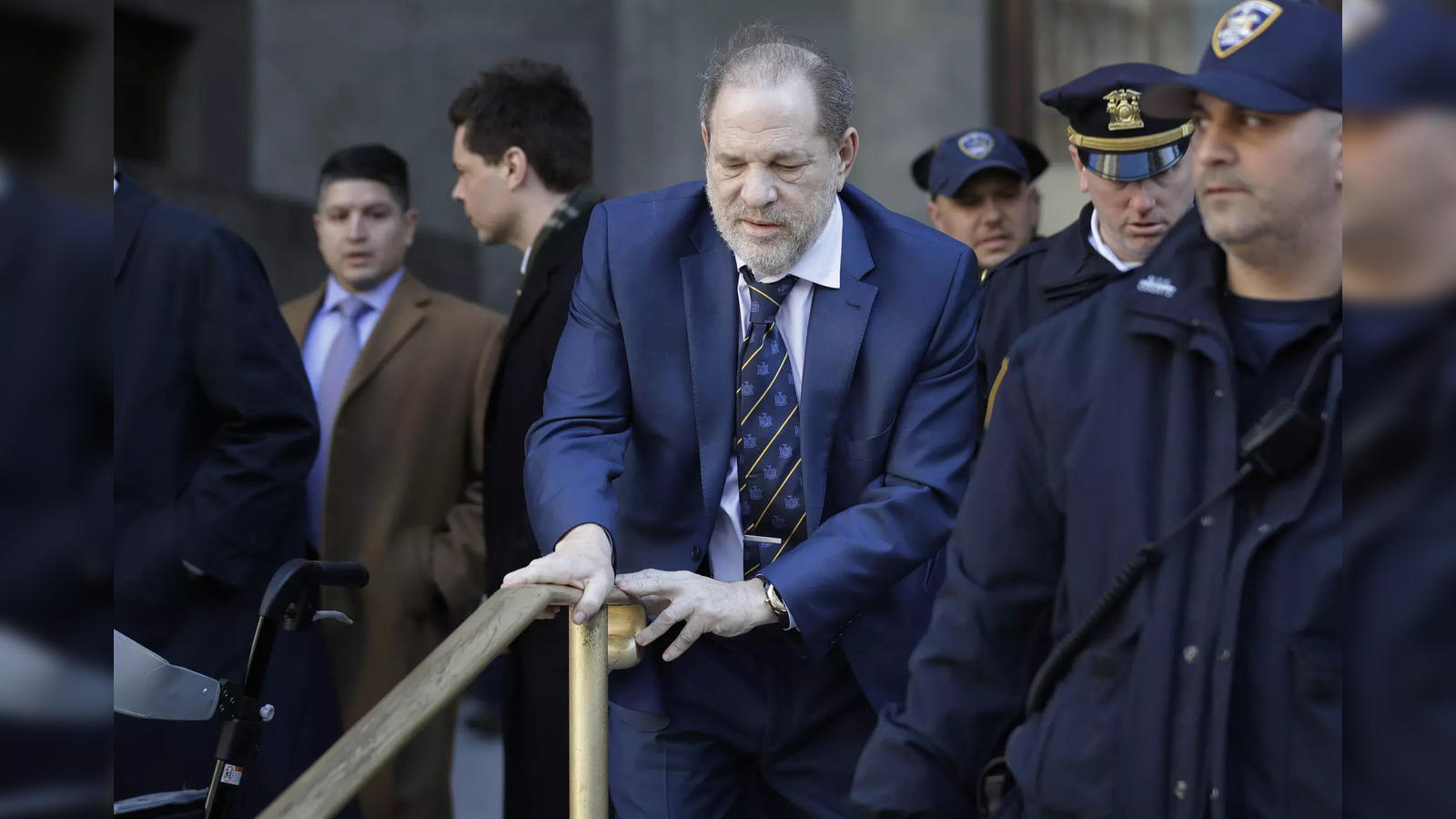Disgraced Hollywood Producer Harvey Weinstein’s New York Conviction Overturned: Influence of Prior Bad Act Witnesses
**April 28, 2023**
In a major setback for the #MeToo movement, the New York Court of Appeals has overturned the 2020 rape conviction of former Hollywood producer Harvey Weinstein. The 4-3 decision cited improper rulings that allegedly prejudiced Weinstein during the trial.
The Role of “Prior Bad Act” Witnesses
Central to the court’s decision was the admission of testimony from witnesses known as “Molineux witnesses” or “prior bad act” witnesses. These witnesses were permitted to testify about allegations of sexual misconduct against Weinstein that were not part of the charges against him.
According to the court, the trial judge erred in allowing these witnesses to testify because it unfairly influenced the jury and violated Weinstein’s rights by presenting evidence of his “propensity for criminality.” The court cited the 1991 “People v. Molineux” ruling, which limits the use of prior bad act evidence to establish specific elements of a crime, such as motive or intent.
Limited Testimony from Supporting Accusers
Another factor in the overturned conviction was the limited testimony allowed from women who supported the main accusers. These witnesses provided accounts of their own experiences with Weinstein, but the court ruled that their testimony was not sufficiently connected to the specific charges against him.
Outcry and Disappointment
The decision has sparked outrage and disappointment among victims’ rights advocates and survivors of sexual abuse.
“This is a devastating blow to survivors,” said Rosanna Arquette, one of Weinstein’s accusers. “It’s a message to the world that these men can get away with anything.”
Anita Hill, a prominent figure in the #MeToo movement, expressed concern that the ruling could discourage victims from coming forward. “No single legal ruling can ever match the tremendous progress we have made together,” she said. “But it is a reminder that our work is far from over.”
Weinstein’s Legal Situation
Despite the overturned conviction, Weinstein remains imprisoned. He was sentenced to 16 years in prison in 2022 for a separate rape conviction in Los Angeles.
The decision by the New York Court of Appeals is not the final word in the case. Weinstein’s attorneys may appeal to the U.S. Supreme Court.
Implications for the #MeToo Movement
The overturned conviction raises questions about the future of the #MeToo movement and the challenges of prosecuting sexual assault cases. Legal experts have expressed concern that the ruling could make it more difficult to present compelling cases in similar trials.
However, as Tarana Burke, founder of the #MeToo movement, emphasizes, the movement’s impact extends beyond legal victories. “We will not be silenced,” she said. “Survivors will continue to speak their truth and hold their abusers accountable.”
also read:Brian Peck’s Disturbing Past in Hollywood Unveiled: The Dark Truth Behind a Former Sitcom Actor

